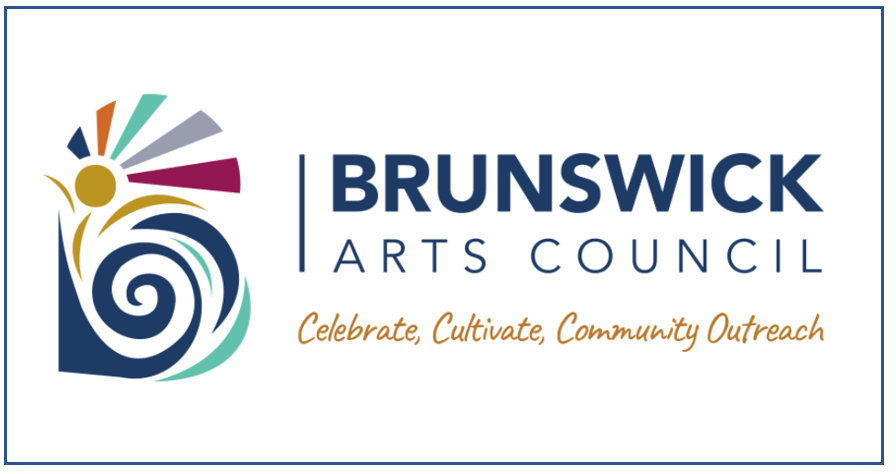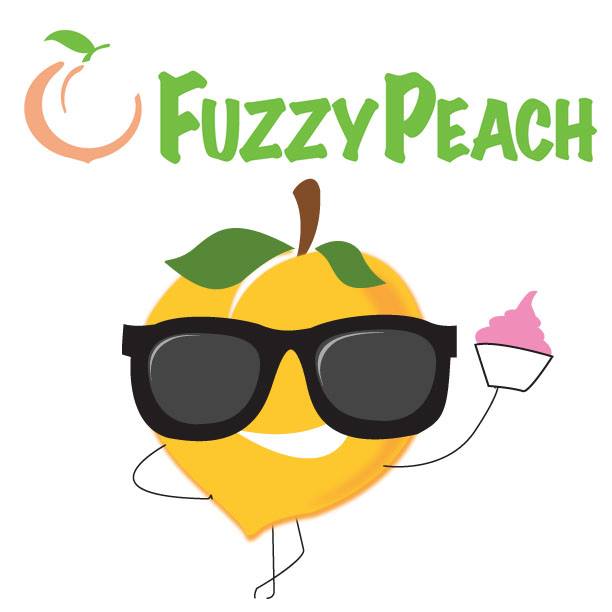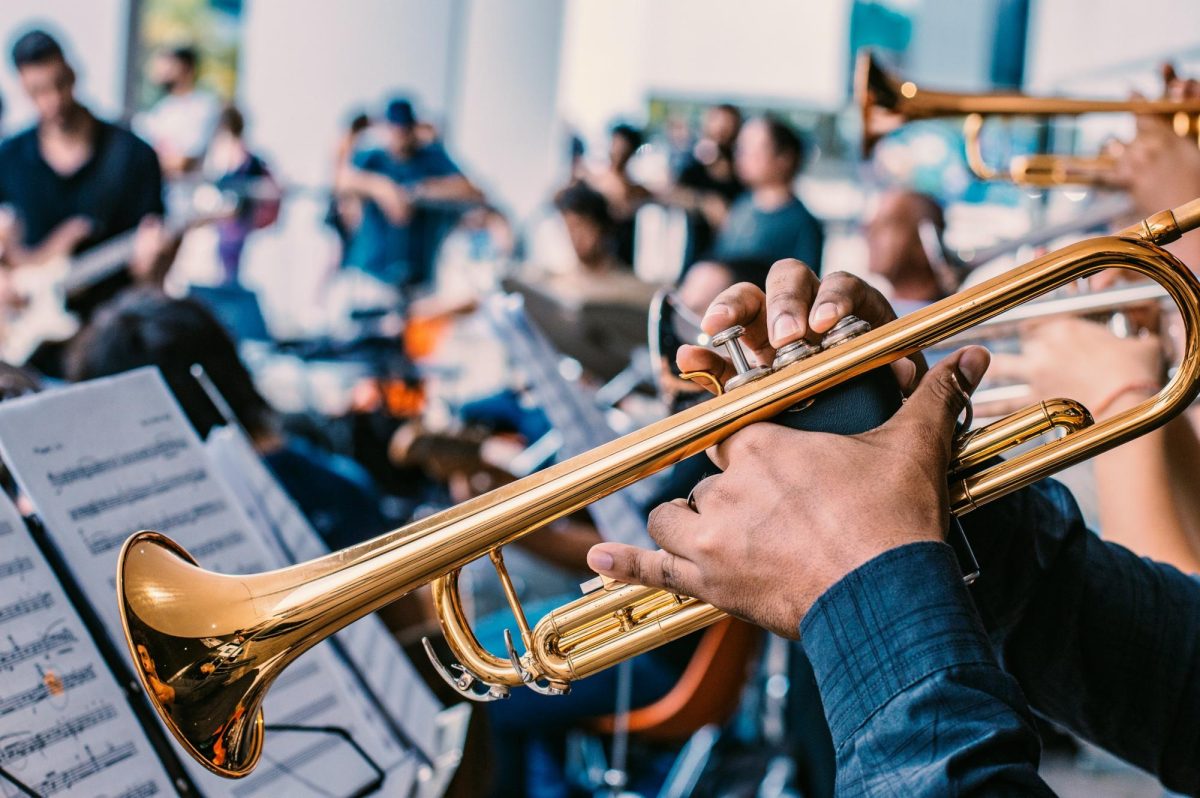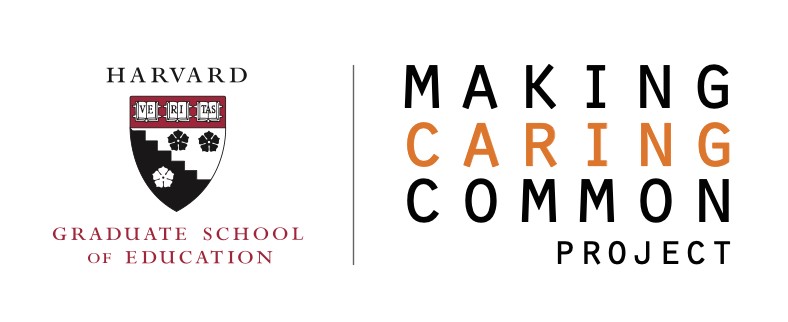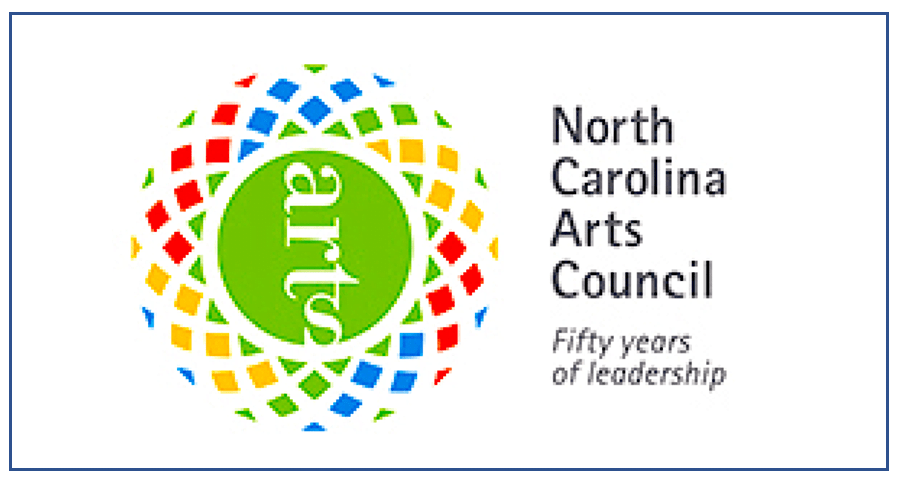Thanksgiving is a quintessentially American holiday that has a great impact on the U.S. economy. This annual celebration observed on the fourth Thursday of November, goes far beyond its historical and cultural significance; it plays a crucial role in the nation’s economic landscape. Let us explore the economic impact of Thanksgiving on various sectors of the U.S. economy.
One of the most prominent economic impacts of Thanksgiving is the boost it provides to the retail industry. The day after Thanksgiving, commonly known as Black Friday, has become synonymous with shopping. Retail stores offer massive discounts to people. The result is a substantial increase in consumer spending. This surge in shopping activity not only benefits brick-and-mortar stores but also boosts e-commerce businesses, as an increasing number of consumers prefer to shop online. The sales generated during the Thanksgiving weekend, including Black Friday and Cyber Monday, set the tone for the holiday shopping season, which can make or break the year for many businesses.
In addition to the retail sector, Thanksgiving has a significant impact on the food industry. The traditional Thanksgiving feast, which includes turkey, stuffing, cranberry sauce, and pumpkin pie, prompts a surge in grocery store sales. People buy ingredients and pre-made dishes to celebrate with their loved ones. Furthermore, many restaurants offer Thanksgiving dinners, contributing to the overall growth in the food and beverage industry. The demand for turkeys alone is astonishing, with 223.2 million turkeys expected to be sold in 2023 according to research gathered from the USDA. This demand results in job creation in the poultry industry, from farmers to processors and distributors.
Travel and tourism also experience a substantial impact during the Thanksgiving season. Thanksgiving is one of the busiest travel periods in the United States, with millions of people traveling to visit family and friends. This surge in demand leads to increased ticket sales for airlines, bus and train companies, and rental car agencies. Hotels and accommodations see a boost in bookings as travelers need a place to stay during their visit.
The entertainment industry is not immune to the economic ripple effects of Thanksgiving. As millions of Americans gather around the TV after their meals, television networks and advertisers benefit from the higher viewership. Special Thanksgiving-themed programming and holiday commercials generate significant advertising revenue. Moreover, the Macy’s Thanksgiving Day Parade, a cherished tradition, provides an advertising platform for sponsors and a boost in tourism for New York City.
In recent years, another economic dimension of Thanksgiving has emerged with the rise of “Friendsgiving.” This trend, where friends celebrate Thanksgiving together, has impacted various sectors. It increases demand for party supplies, decorations, and even the travel industry as friends often gather from different locations.
To sum it up, Thanksgiving’s impact on the U.S. economy is far-reaching and multifaceted. It drives consumer spending, benefits retail, food, and agriculture sectors, boosts travel and tourism, and has ripple effects on energy consumption, entertainment, and emerging trends like “Friendsgiving.” It’s a holiday that not only brings families and friends together but also energizes the economic engine of the nation. As Thanksgiving continues to evolve and adapt to changing times, its economic significance remains steadfast, reflecting its deep-rooted place in American culture and commerce.

